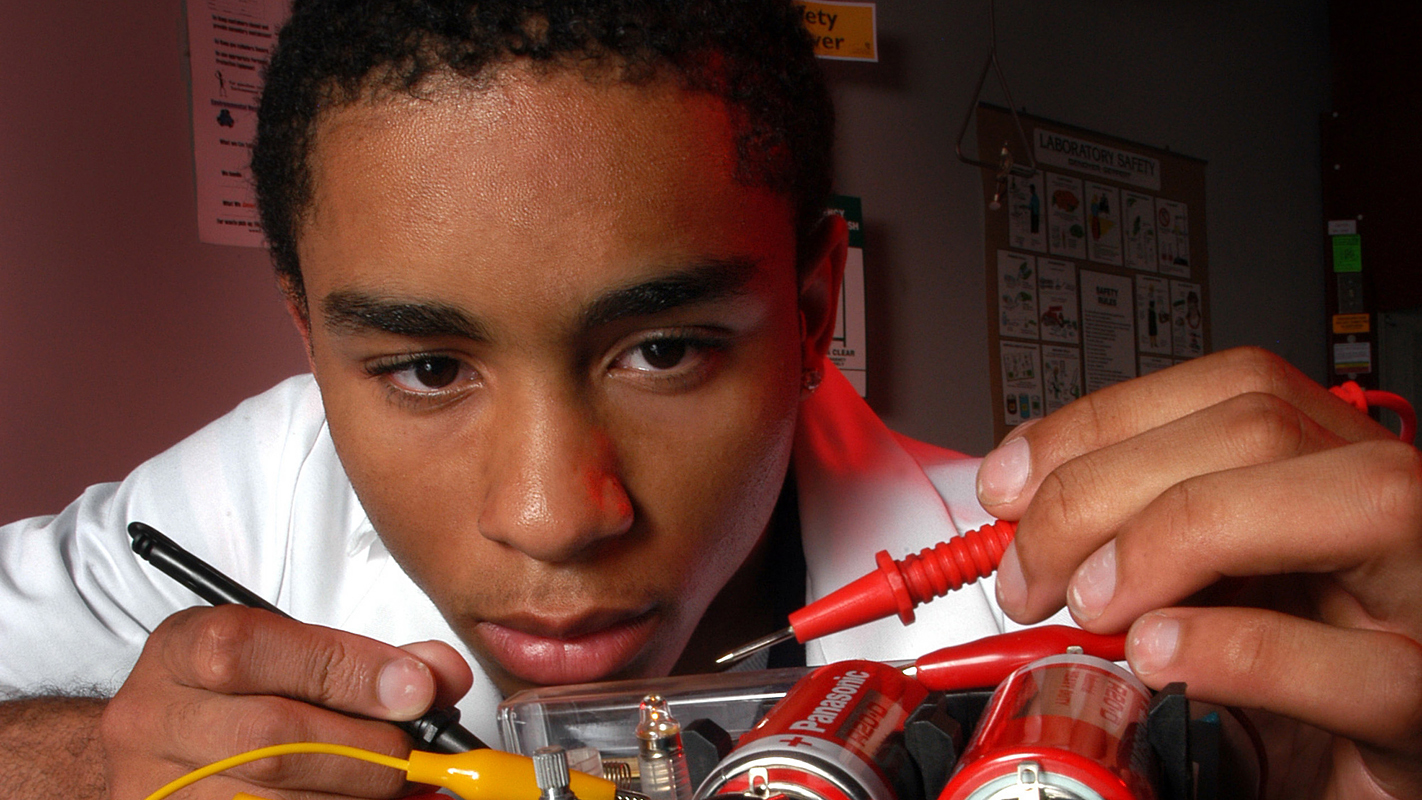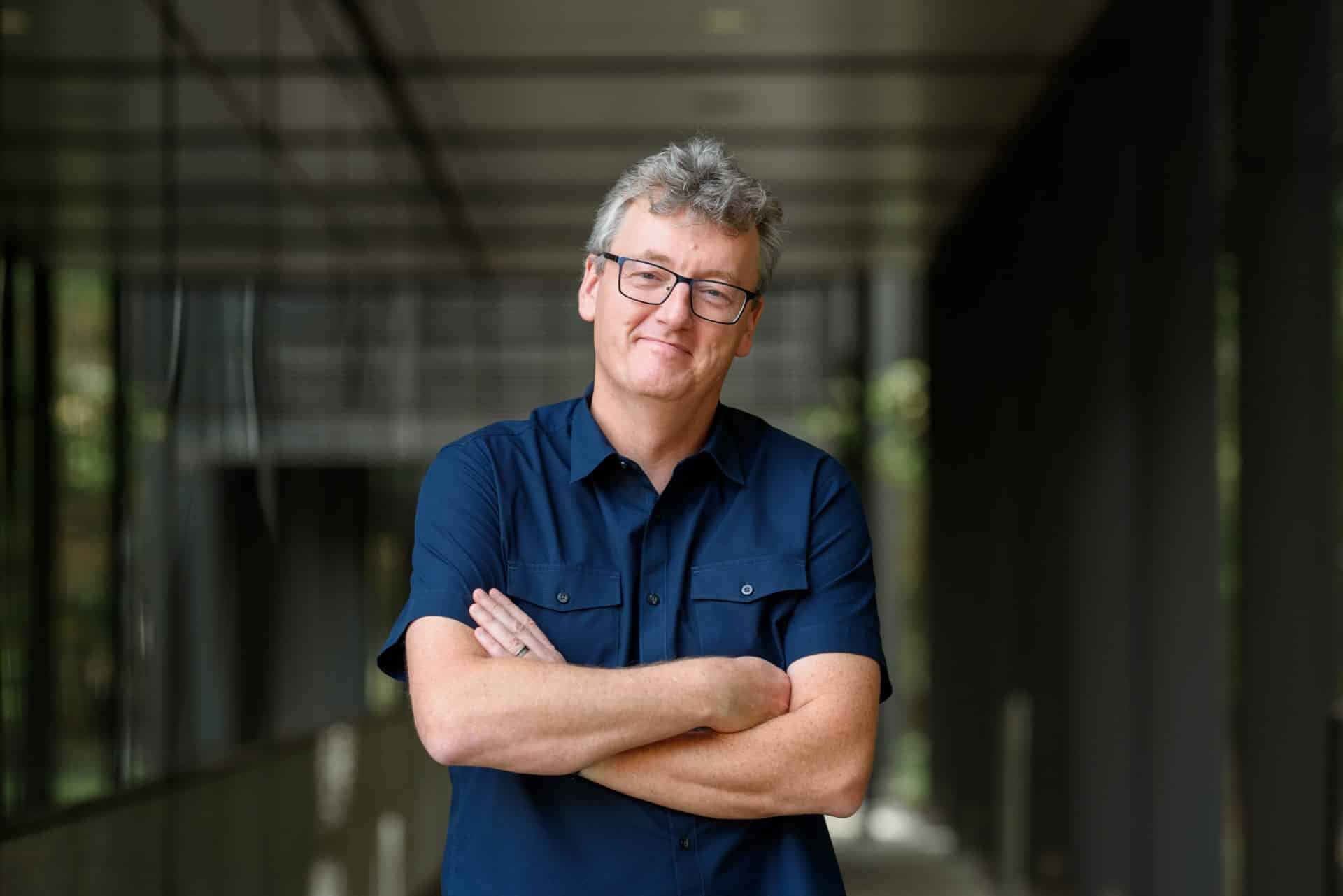NSF-funded Afterschool Program Powering Up in Durham

NC State education experts are weeks away from launching a National Science Foundation-funded afterschool program at two Durham middle schools, but students’ ideas are already flowing.
Will the kids decide to build a wi-fi hotspot for the community after learning about electrical engineering and computer science? Put together a proposal to use surveillance drones for improved community safety, as one student has already suggested? Find an intriguing career option in the STEM fields of science, technology, engineering and math?
By design, many of the choices will be in students’ hands during the three-year, $1 million project, which is dedicated to finding approaches that motivate middle schoolers’ literacy in electrical and computer engineering, says DeLeon Gray, assistant professor of educational psychology and principal investigator for the grant.
“We know that technical content won’t be as effective as it could be if students don’t care about what they’re learning,” says Gray, who studies motivation in adolescents. “We want to empower students to substantively contribute to the improvement of the social and physical conditions in which they live. It’s important for students to know why problem-solving, research, marketing and communication are important and to see connections not only with other subject areas but also in their daily lives.”
Whatever the students create, NC State researchers, collaborating teachers and professional groups such as the Research Triangle Professional Chapter of the National Society of Black Engineers will take note of culturally sensitive approaches that fuel underrepresented students’ high-quality engagement in optional scholastic activities. The project, Developmentally Appropriate Strategies for Targeting Early Adolescents’ Motivation in STEM, is part of NSF’s Innovative Technology Experiences for Students and Teachers (ITEST) program.
Eighteen teachers at two Durham middle schools, Carrington and Neal Magnet, a STEM academy, will lead the iScholar afterschool programs, which offer time and space to experiment. Gray and the project team will develop digital tools and procedures for using motivation data to improve instructional effectiveness. NC State researchers will gather information about the best motivationally supportive strategies for working with students to share with teachers and parents at a community gathering, as well as producing a resource guide for professional science and engineering groups that wish to tailor their outreach efforts to the developmental needs of middle schoolers.
Gray, director and co-founder of the SMART Collaborative at NC State, is teaming with colleagues Lauren Bryant, research scholar with the Friday Institute for Educational Innovation and co-founder of the SMART Collaborative, and Braska Williams, coordinator of the North Carolina Mathematics and Science Education Network. The afterschool program will begin in the spring 2017 semester.
- Categories:


